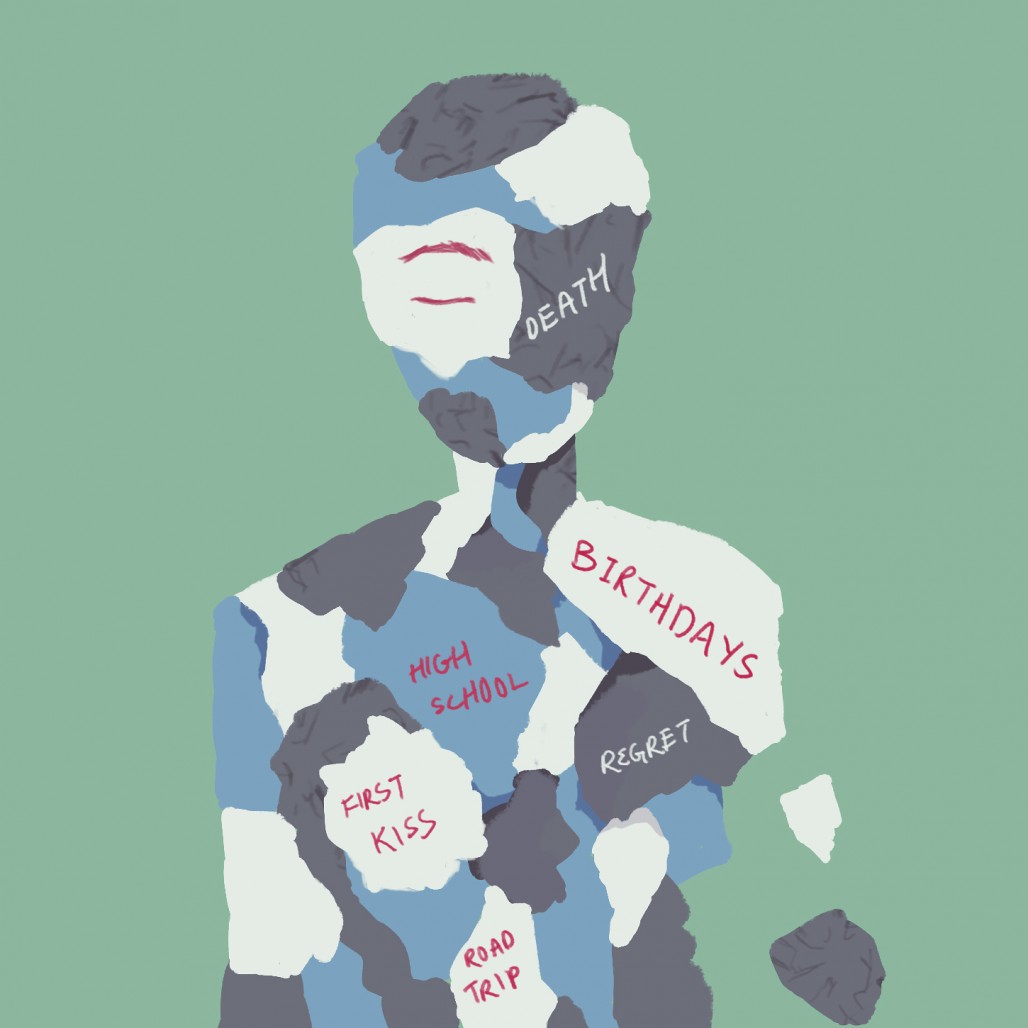Should we be hitting ‘delete’ on memories?
My least favourite icebreaker is the question, “What is your most embarrassing moment?”

My least favourite icebreaker is the question, “What is your most embarrassing moment?”
I can see why people would get a kick out of retelling the story of a social faux pas or a ridiculous situation. Personally, I unconsciously repress bad memories.
When posed the question I stare blankly, remembering nothing and liking it that way.
But what if in the not-too-distant future, we could permanently erase memories?
Dr. Sheena Josselyn told the CBC that it is a definite reality.
Josselyn, among other neuroscientists, claimed that it will be the answer for people who suffer from Post-Traumatic Stress Disorder and similar memory-linked disorders.
Besides its proposed medical uses, I can’t help but consider it being used in the mainstream.
I have had my share of moments where I wish I didn’t remember, or wish I could “unsee” or “unhear” certain things.
But I subscribe to the idea that the character of a person is the culmination of that person’s experiences, great and small, banal and horrific.
Would a person who suffered abuse at the hand of a parent be the same person after erasing the memory of their tough childhood?
I believe our experiences shape us for the better, and sometimes for the worse.
The important difference is how we respond to those experiences.
Those people who experienced abuse may, as a response to that memory, become more loving and considerate of their children.
Also, I can’t help but refer to the film The Eternal Sunshine of the Spotless Mind.
It’s the story of a woman who erases the memory of her past relationship after a breakup and her ex-partner, who during his procedure to do the same, changes his mind.
This film shows that time and reminiscing can give us a new perspective on what we previously viewed as “bad” memories.
Memories link us to the past and our past helps influence our future. We learn lessons from mistakes.
Memory reminds us before we make the same mistakes again.
Without particular memories we would be doing the same things over and over and never succeeding.
Memory, mistakes, and experiences — good and bad — shape the content of our character and outlook on present life.
Despite the future forecast I think memory-deleting has a long time before it reaches acceptance in the medical community, not to mention the mainstream walk-in clinic.
However, it’s a possibility, so we must have a serious discourse before we allow neuroscientists to tinker with our memories.
The decision to erase memories is just as precious as giving away an organ, and should be given the same level of thought as giving away a piece of who we are.


